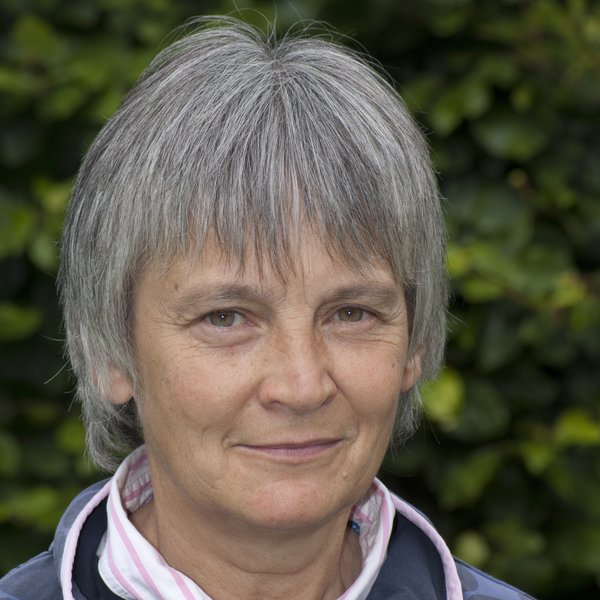Summary
The forest estate, which provides vital ecosystem services, is currently facing major challenges in the form of climate change and various native and exotics pests and diseases. Genetic diversity is a key element of resilience to such threats and, as British forests are based on a relatively narrow range of tree species, the within species genetic diversity of our tree species is particularly important. Within species genetic diversity is determined by the founding material and a balance between gene flow and adaptation via natural selection. These processes determine the degree to which our forests are adapted to current conditions as well as their potential to adapt to future changes and challenges. In addition to the trees themselves, this project also considers various aspects of the genetic diversity of forest dwelling species.
Research objectives
The genetic conservation project aims to:
- provide a better understanding of the processes that underpin the pattern of genetic diversity in our native tree and forest dwelling species. The results of this area of research provide a knowledge base for the development of informed policy for the management and conservation of existing genetic variation in British and European woodlands.
- utilise molecular approaches to confirm the presence of clones, species and species assemblages.
- provide advice and technical support to Forest Reproductive Material Regulations and offer a service to address other ecological problems.
Results so far
The research has several strands:
- Provenance trials of native tree species
- Gene flow in native tree species
- Genetics of woodland dwelling species
- EUFORGEN and FRM
- Utilising molecular approaches to confirm the presence of clones, species and species assemblage
Status
The research commenced in 1998 and is ongoing.
Contact
Dr Joan Cottrell
Dr. Stuart A’Hara
Related services
Funders and partners

This research is mainly funded by the Forestry Commission under their Ecosystems and Biodiversity Programme . Some of our work has also been funded by the EU, the Scottish Office, DEFRA, Cairngorm National Park Authority, Scottish Forestry Trust, DEFRA LWEC.

Forest Research is and has participated in a number of European Union funded studies:
Forestry Commission policy
1.fcefs.pdfThe Government’s programme of Forestry for the Environment and Conservation covers the role that woodlands can play in sustaining our environment, by enhancing the character of our countryside, and our cultural heritage, and in delivering the Government’s nature conservation, biodiversity and climate change objectives.
Core to our strategy for ensuring woodlands stay resilient to this challenge and the need to adapt to a changing climate is the recognition that we need more diverse woodlands both in species, genetics within species, stand and age structure.
2. Woodland expansion The UK Woodland Assurance Scheme (UKWAS, 2000) also encourages use of local provenance in certified woodlands. FC Scotland promotes local stock for planting of native and riparian woodlands as a requirement for grant-aid, and also for planting on the national forest estate.
3. Habitat networks Biodiversity and forestry strategies for the UK countries (UK Biodiversity Steering Group, 1995a, c; Forestry Commission, 1999; 2000; 2001) currently emphasise the importance of designing and managing forest landscapes to improve their value for biodiversity.
4. Conservation of rare species Policy Position Wales-Woodland managers can contribute to biodiversity by… Helping to conserve and enhance internationally and nationally important and threatened species, habitats and ecosystems as well as habitats which are characteristic of local areas.
5. Statutory responsibilities GB ‘The Forest Reproductive Material (Great Britain) Regulations 2002 regulate the marketing of FRM. These Regulations came into force on 1st January 2003 and implement EC Directive 1999/105.’
6. European agreements The UK is a member of EUFORGEN (European Forest Genetic Resources Programme) as part of its commitment to the Ministerial Conference for the Protection of Forests in Europe process.

